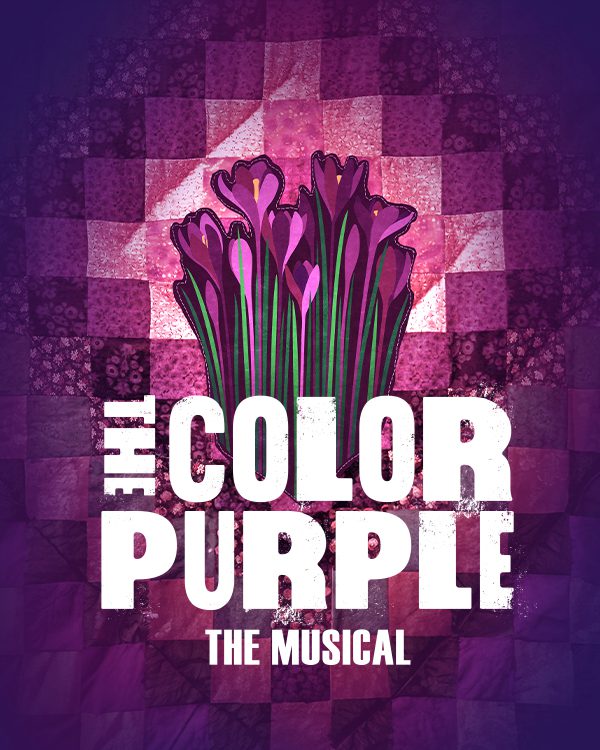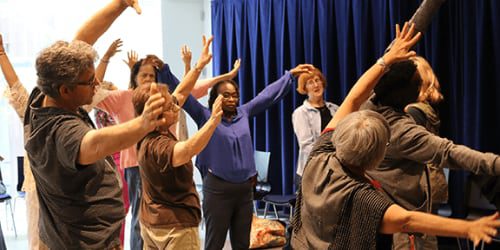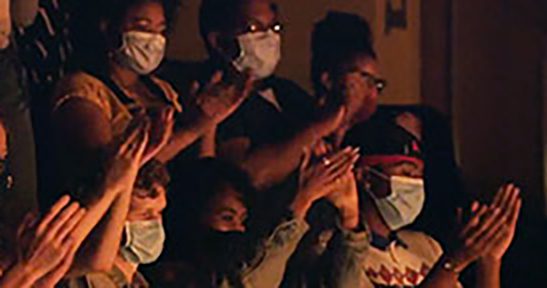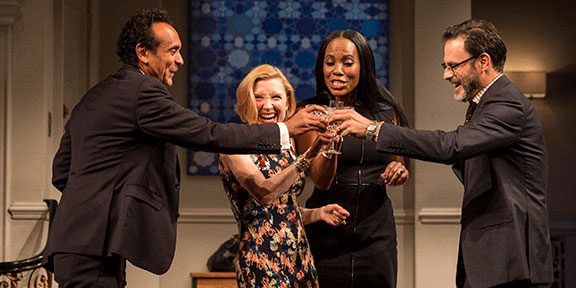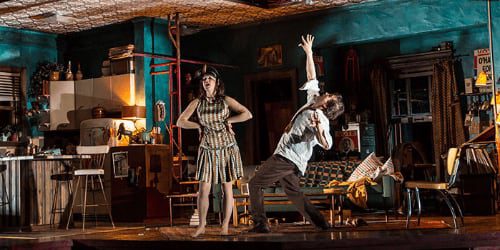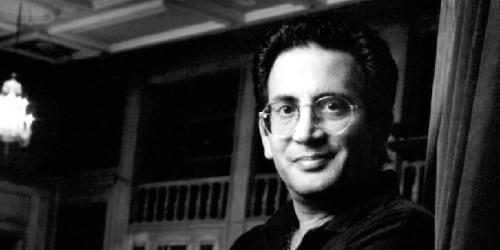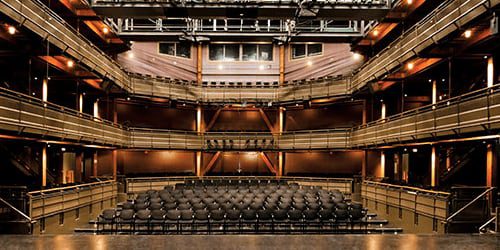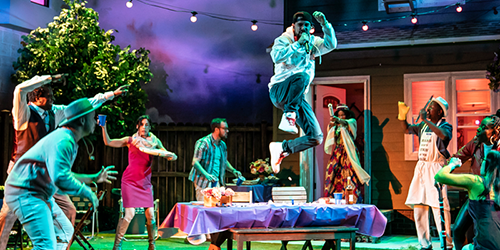English starts May 10!
GET TICKETS
By Thomas Conners
When you’re monolingual, you may not think too much about how slippery language can be. Sure, a single word can have multiple meanings, none of which may be right for what you’re trying to express, and sometimes you have to read between the lines. But for those speaking a language other than their own, even a simple sentence can leave them wondering “did I hear that right,” or “did I say that correctly?”
As Sanaz Toossi’s Pulitzer Prize-winning English reminds us, language is more than a tool for negotiating the world—it shapes us through and through. Born and raised in Iran, director Hamid Dehghani feels a real kinship with the teacher and students Toossi has gathered in a Karaj classroom. A relative newcomer to Chicago, he shares more about that language-driven sympathy.
THOMAS CONNORS: You earned an MA from Northwestern University in 2022 but began your career in Iran after receiving degrees from theater school at Tehran University of Art. What is the theater scene like there?
HAMID DEHGHANI: The government doesn’t like theater, doesn’t like art. So the resources are small. But the talent is huge. People will rehearse for months, even without getting paid. But that doesn’t mean they are amateurs. They are very talented and well educated.
When you write a play, you have to submit it to a committee. And they may say cut that scene, cut that line. And during the run, they come back again. So it’s a constant struggle. But that has its own excitement and adventure too. You have to be careful about what you are doing, but you learn how to use things like metaphors to get around censorship.
TC: Are productions ever shut down?
HD: That does happen. A hardline journalist might go to a show and denounce it as filth or an affront to Islam. The playwright, director and even the actors could be arrested and go to jail. Some days I could look at the audience before curtain and think tonight it’s safe to say that line and do that scene. And the next day it could be the opposite. Going to theater in Iran is a kind of activism or political gesture. And the audiences are so young. Creating a conversation with that young, educated audience was so exciting.
TC: What brought you to the United States?
HD: Doing theater in Iran was difficult, but so are many other aspects of life there. There was a point where I thought, you only live once, so my wife and I left. The best way to leave the country was through a student visa. I didn’t know how to speak English so I started going to class just like the play. I was always fascinated by American theater, and I wanted to learn and to work. Although America has its flaws, it is alluring. When I was at Northwestern [University], my American friends would complain about this or that and say that America is the worst, and my international acquaintances and I would look at each other and say, “You have no idea, there are worse places to live.”
TC: Let’s talk about English. On the surface, it sounds simple—a small group in a room learning English.
HD: You’re right. But gradually, you realize how language is so connected to our identities and also our sense of home. The play does that in a very beautiful, very relaxed, nuanced sort of way. When you start learning a new language, you start to create a new identity for yourself. But that identity is on the other side of a wall, so to speak, and passing through that wall, accessing that new identity, can be difficult. It was for me. The reason I wanted to direct this show is because I know these characters, I know that room and that experience.
People in Iran love America. They watch American movies and they dream about going to America. Coming to America is a big achievement and it was a point of pride for my dad. English is so popular, and when I was very young, all families sent their children to English schools. Even if they weren’t necessarily thinking of sending their children to foreign countries, they wanted their children to be educated and wanted them to connect to the world. Many regular Iranians speak a high level of English compared to other countries—even a taxi driver knows a little English. If you go to Iran, you will be surprised.
Thomas Connors is a Chicago-based freelance writer and the Chicago Editor of Playbill.
